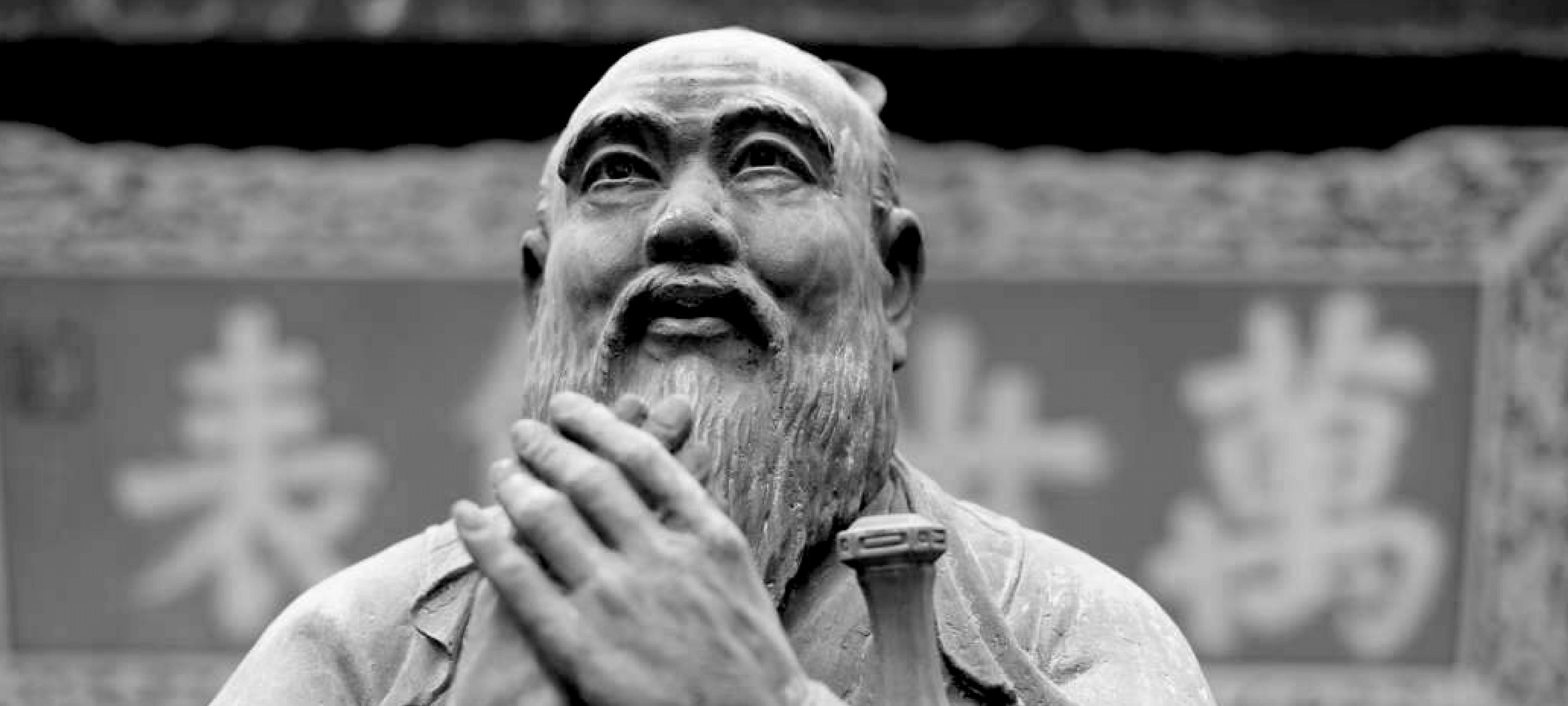

Aug
As important as it is to understand what made China’s most important leaders tick (especially relatively recent leaders) and as useful as it is to have a firm grasp on history (once again, especially China’s relatively recent history), we need to acknowledge that to truly “get” China, we need to move away from an exclusively fact-based analysis and at least incorporate cultural elements.
So? Is it possible to truly “get” China without meaningfully understanding Confucius and especially Confucianism?
Most definitely not.
When it comes to the former (Confucius himself), it’s hard to analyze his life in a rigorous, historically accurate manner… primarily because we have little actual evidence at our disposal. We’ll limit ourselves to stating that Confucius is believed to have been born in the year 551 BC and possibly been a student of Laozi. After serving in various administrative positions, he decided to simply walk away due to losing respect for the decadent behavior of those he was serving. As he traveled about, he gained a significant following among those who found his teachings enlightening and over the years, his followers wrote down his various words of wisdom and “published” the Analects.
While we may not know all that much about Confucius himself, we know quite a bit about his teachings in light of the fact that they represent a core cultural pillar for China, even over two and a half millennia after be was born. While there have been periods when Confucianism fell from grace such as Mao Zedong’s Cultural Revolution of 1966 (with its “out with the old, in with the new” approach which, among other things, even revolved around desecrating landmarks built in the honor of Confucius), they were only temporary and at this point, let’s just say Confucianism is quite relevant again. Among other things, the Confucius Institute is where I am personally learning Chinese, to provide a bit of an empirical tidbit.
What is Confucianism all about?
On the one hand, it does promote various values we consider status quo in the Western world as well, for example his version of the Golden Rule: do not do unto others what you don’t want done to yourself. However, it’s the values we find “exotic” in the West that warrant our attention because therein lies the key to understanding the various cultural nuances associated with China, ideas such as:
- There is room for “ceremony” in our lives, with Confucius being a huge fan of them. Whether we’re talking about millennia of Chinese diplomacy which had a remarkable ceremonial component (grandiose ceremonies which, among thing, inevitably humbled foreign participants) to many ceremonial aspects related to today’s China, it is clear that even in the 21st century, the average Chinese values ceremonial aspects far more than the average Westerner, something you cannot afford not to keep in mind when doing business in China
- Respecting your parents and having close familial ties is paramount. Yes, the idea of respecting your parents is present in other cultures as well but one would be hard-pressed to find examples in which the influence of families is more important than in China. This ends up inevitably affecting the economic behavior of the average Chinese and to a certain degree, explains certain economic peculiarities such as the affinity of the Chinese toward real estate
- Respecting your rulers is equally important, something Western observers tend to raise an eyebrow at. Political obedience, in other words, a concept that is actually frowned upon in the West. Time and time again, entrepreneurs and investors interested in China find themselves scratching their heads when it comes to all sorts of political obedience-related behavior patterns they come across. In quite a few instances, this acts as a wall they come across, in some cases literally a wall… not the Great Wall of China but more so the Great Chinese Firewall these days
- Sustainable learning and execution can trump (no pun intended!) impulse or inspiration-driven creativity. Whereas here in the West, we value creativity and individuality above all else, things usually stand a bit differently in China. It’s not that creativity is in any way looked down upon, not at all. The Chinese simply value systems, wisdom and information gathered over a period of many years more so
As a conclusion, Confucianism is yet another variable which makes it clear that as someone who is interested in gaining exposure to Chinese assets in any way, your decisions will end up being superficial at best if you do not develop the habit of digging deep, of putting together analysis systems that revolve around anything from cold hard facts to cultural variables. The ChinaFund.com team is here to help you do just that: be thorough but, at the same time, efficient.
